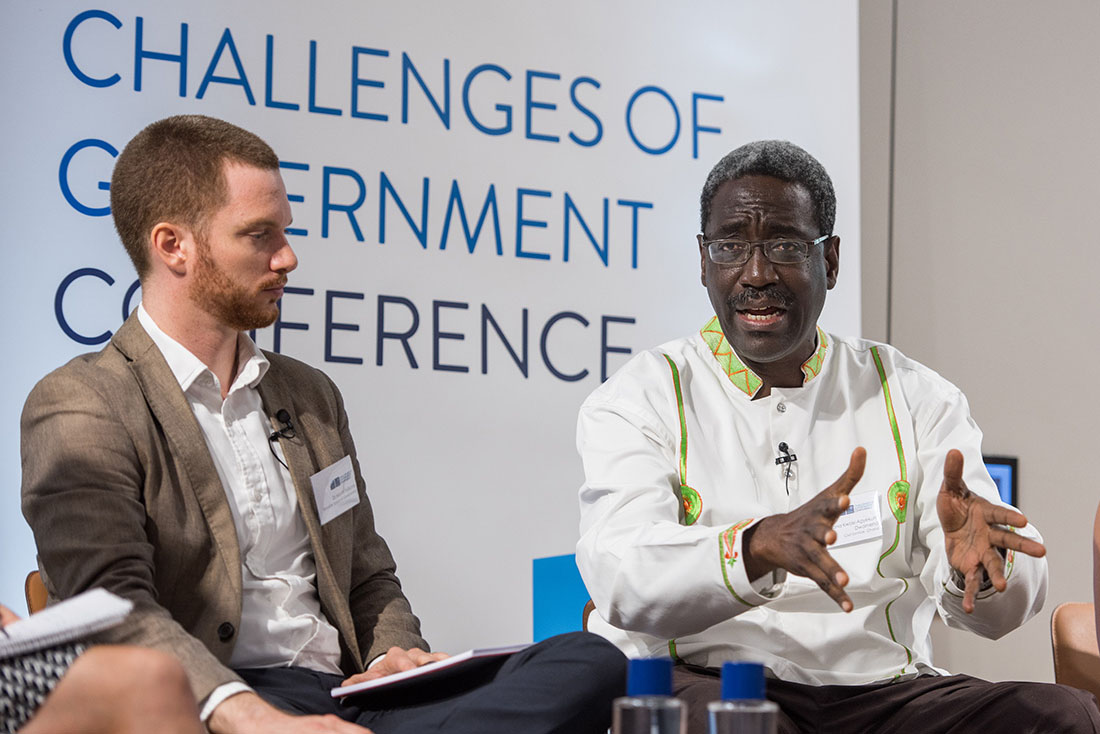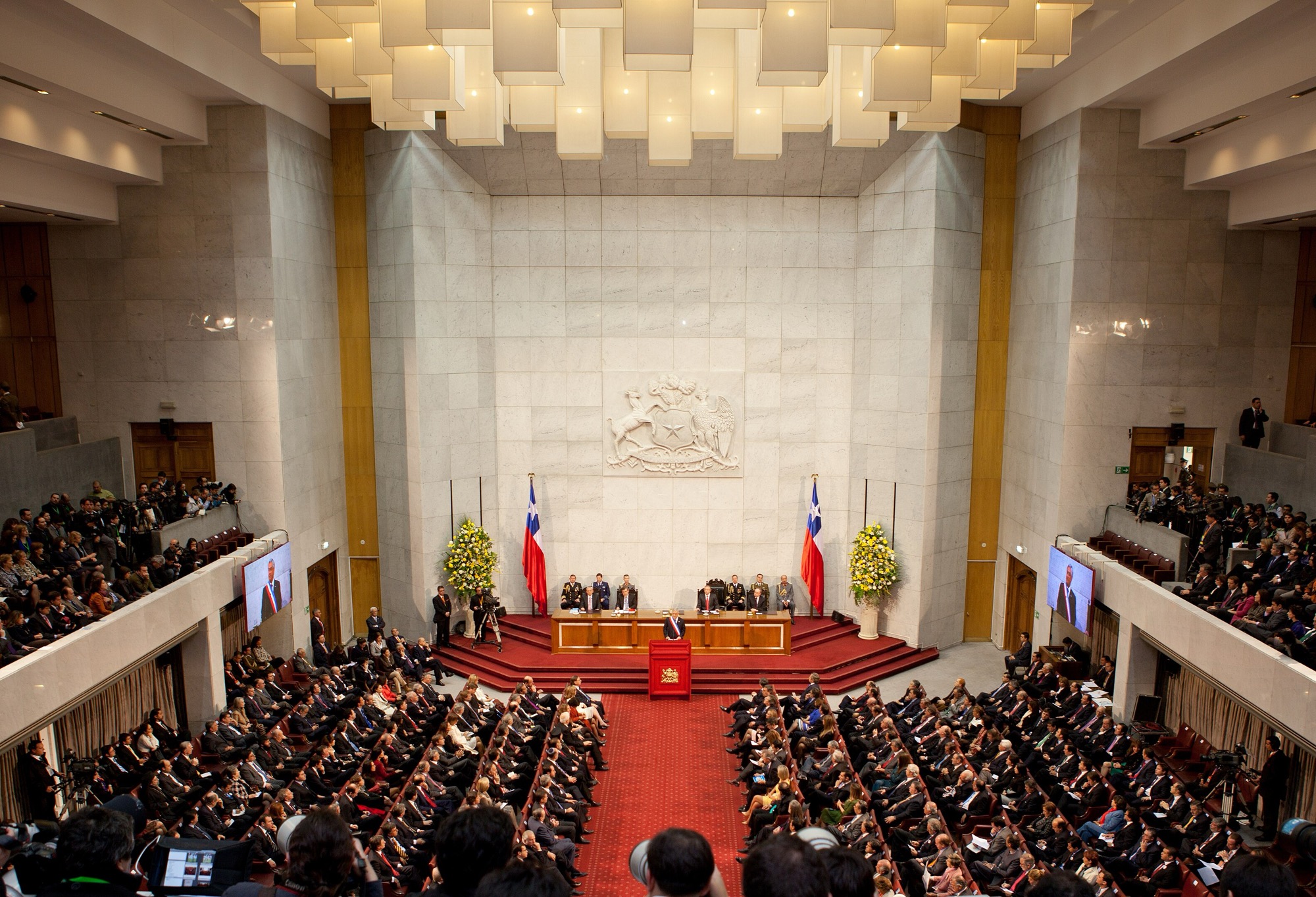Our resources thrust participants into the heart of real-world scenarios, from crisis management in the UK during the Covid-19 pandemic to cross-party education reform in Brazil.
Many of our resources are available on The Case Centre distribution platform. Educators who are registered with the site can access free review copies of our case studies, teaching notes, and other materials.
To inquire about our other cases or background materials, please contact us at casecentre@bsg.ox.ac.uk.
Civil service reform in Ghana
In 2014, Nana Agyekum-Dwamena was named Ghana’s Head of Civil Service, tasked with reforming the 14,000-person institution that was widely considered to be plagued by low motivation, inefficiency, and weak performance. Just a few weeks into the job, he was approached with an opportunity from the World Bank, which provisionally offered to fund a multi-year reform programme that Agyekum-Dwamena could design. In many ways, it was a compelling offer: the Civil Service had extremely limited financial resources, yet improving its performance remained a political priority.
However, Agyekum-Dwamena had seen a series of donor-funded reforms fail to deliver since he had joined the civil service in the 1980s. The donor-funded projects often came with high administrative costs, and most had halted when funding ended or a new administration came into office. Agyekum-Dwamena had to decide if he should design a wide-sweeping reform programme to pitch to the development partner, or if he had other levers available for improving performance. For Agyekum-Dwamena, this decision raised a broader question about how he should approach the task of improving the performance of the civil service.
This case is accompanied by an epilogue which describes Agyekum-Dwamena’s decision in 2014 and how he approached reform in the years that followed.
- Learn from historical efforts to improve the performance of government bureaucracies;
- Diagnose and prioritise reform needs in government;
- Generate and critically interrogate ideas for and approaches to reform.
Chile’s balancing act: fiscal responsibility and emergency spending during Covid-19
Over successive governments, Chile had built a strong reputation for fiscal discipline, but recent social unrest and the Covid-19 pandemic had put pressure on the government to relax strict rules on spending. Finance Minister Ignacio Briones needed to determine the level and financing of a substantial new Covid-relief package while ensuring the country remained able to respond to future emergencies and without undermining the country’s already weakening commitment to fiscal responsibility.
This case allows students to explore both the practice and the politics of government accounting.
Please note: this case study is also available as an interactive digital case. To access this version, please email casecentre@bsg.ox.ac.uk.
- Learn, apply and evaluate the principles of accrual-basis accounting in government accounting;
- Understand the challenges and opportunities of building and sustaining a culture of fiscal responsibility;
- Develop strategies for building support for difficult decisions during crises.
The migrant crisis in Boa Vista, Brazil
The Brazilian municipality of Boa Vista experienced a huge influx of Venezuelan migrants in the 2010s. By 2018, its public services were overloaded, and a measles outbreak, traced back to a Venezuelan child, was spreading quickly. Mayor Teresa Surita had prioritised integrating Venezuelans into the community, but faced a dilemma as the measles cases spread and anti-immigrant sentiment started to rise. Should she recalibrate her strategy?
Since 2016, Boa Vista, a small municipality in Brazil’s remote north, had seen a massive rise of immigration from Venezuela. As of 2018, public services were overloaded, political polarisation was widening, and a measles outbreak, which started in an immigrant community, was spreading quickly throughout the city. The mayor, Teresa Surita, had attempted to integrate Venezuelans into the city, primarily using schools as a vehicle to build understanding across communities. But as the locals became more anxious and agitated, the mayor had to decide if she should recalibrate her strategy.
- Analyse how leaders in polarised societies respond to public anger;
- Equip leaders with the skills to respond to the public’s shifting expectations of leadership.




